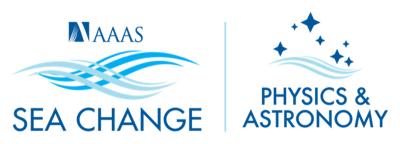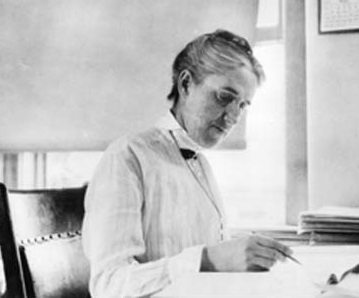by Nicolle Zellner and Jeremy Bailin
AAS meeting participants are invited to join members of the Committee on the Status of Women in Astronomy (CSWA) at their Splinter Session on January 12 (6:50 pm to 8:20 pm ET) to learn about CSWA activities. Based on input to the committee's 2019 community survey, the CSWA is beginning to develop and undertake projects to support the committee's
Strategic Plan for the 2020s, which will guide the committee's efforts for the next decade. In this session, participants will learn about the committee's Strategic Plan, its focus areas, objectives, and potential projects. They will also learn about opportunities to become involved in the process of implementing the projects and assessing the outcomes.
Meet & Greet: A Strategic Plan for the Next 10 Years
Date: January 12, 2021
Time: 6:50 PM to 8:20 PM EST
Session ID # 169
We’d love to receive your questions ahead of time, so please fill out
this survey. We’ll also take questions during the session itself.
Other meeting sessions that may be of interest to you include:
Be the Captain of your PhD, Jan. 7th, 12:00 pm–4:00pm ET
Grad School Fair, Jan. 10th, 11:00 am–3:00 pm ET (visit the CSWA's virtual booth!)
CSMA Panel: A Discussion on Anti-Blackness in Astronomy, Jan. 11th, 12:00–1:30 pm ET
Networking from Afar and Mastering the Informational Interview, Jan. 11th, 12:00–1:30 pm ET
Combat Impostor Syndrome, Jan. 11th, 4:10–5:40 pm ET
Enhancing Participation of Minority Serving Institutions, Jan. 11th, 6:50–8:20 pm ET
SGMA Meet & Greet for LGBTQIA Members and Students, Jan. 11th, 6:50–8:20 pm ET
NASA’s Opportunities for Scientists to Engage with Learners of all Ages, Jan. 12th, 4:10–5:40 pm ET
STARtorialist: Introduction to the Universe of Astro-Fashion, Jan. 13th, 12:00–12:30 pm ET
Evaluating a Job Offer, Jan. 14th, 2:40–3:10 pm ET
More career, networking, poster, exhibitor, and science sessions can be found on the AAS "
at a glance" block schedule by clicking through the date tabs at the top.
We look forward to seeing you next week!







